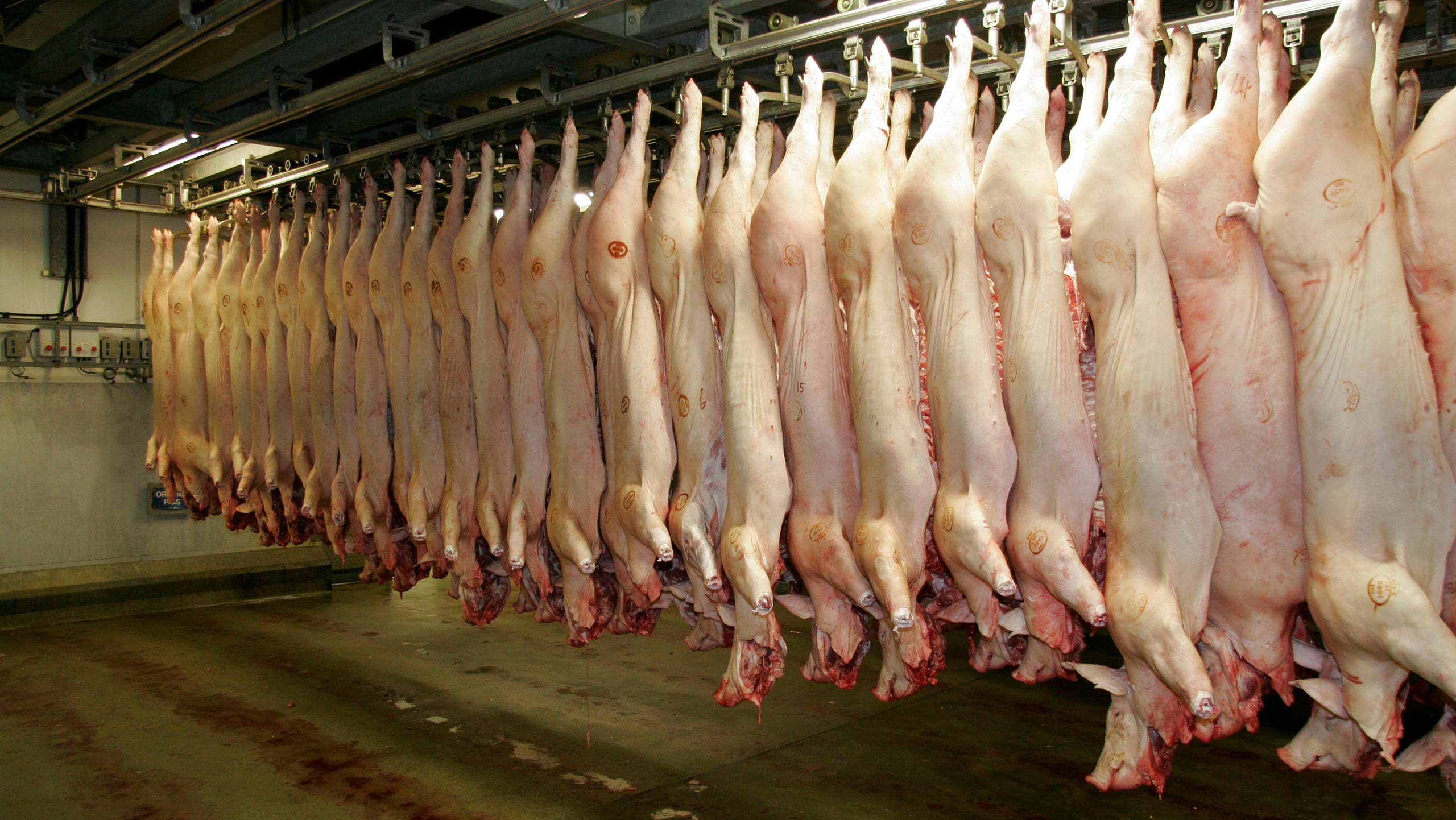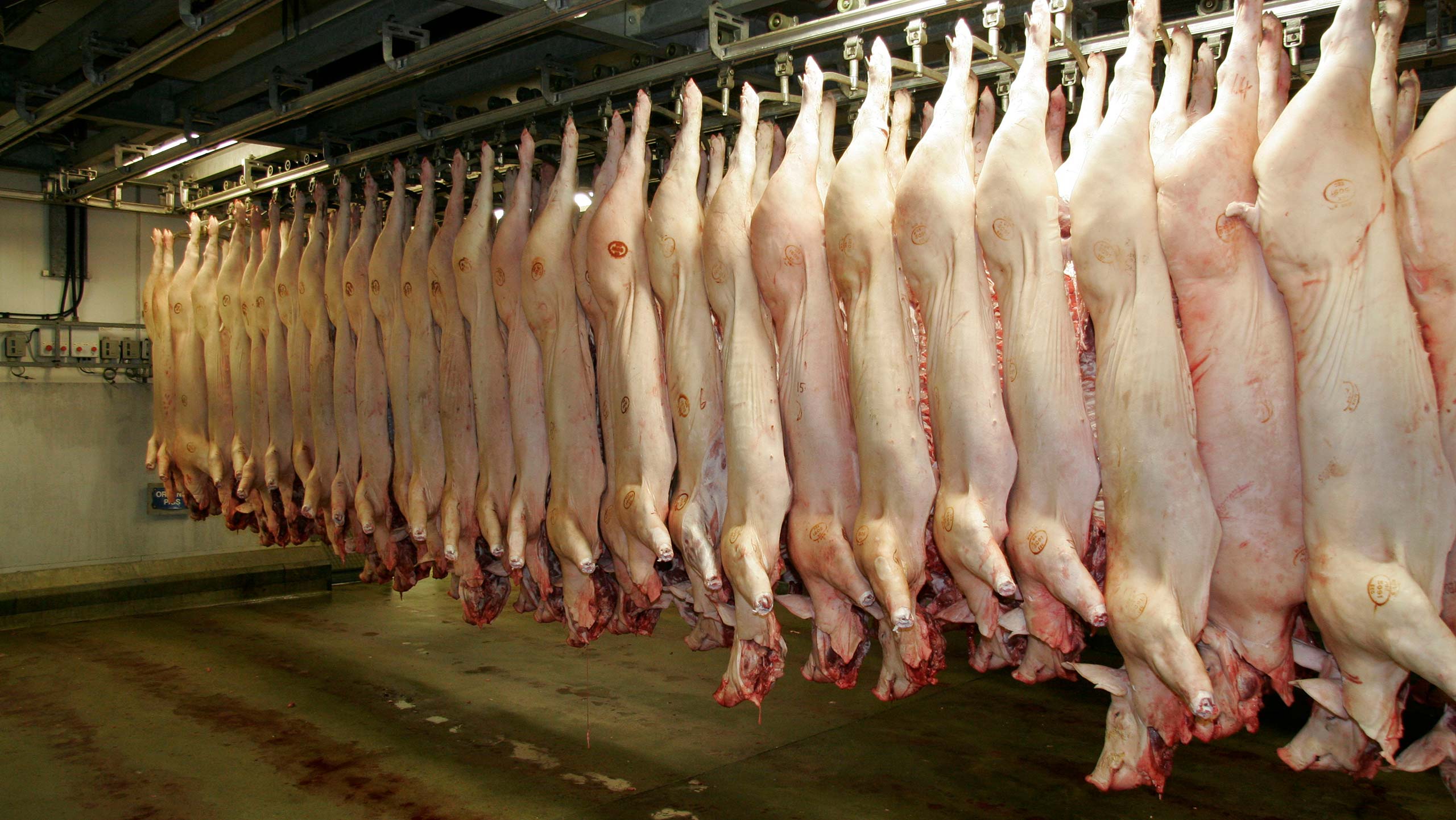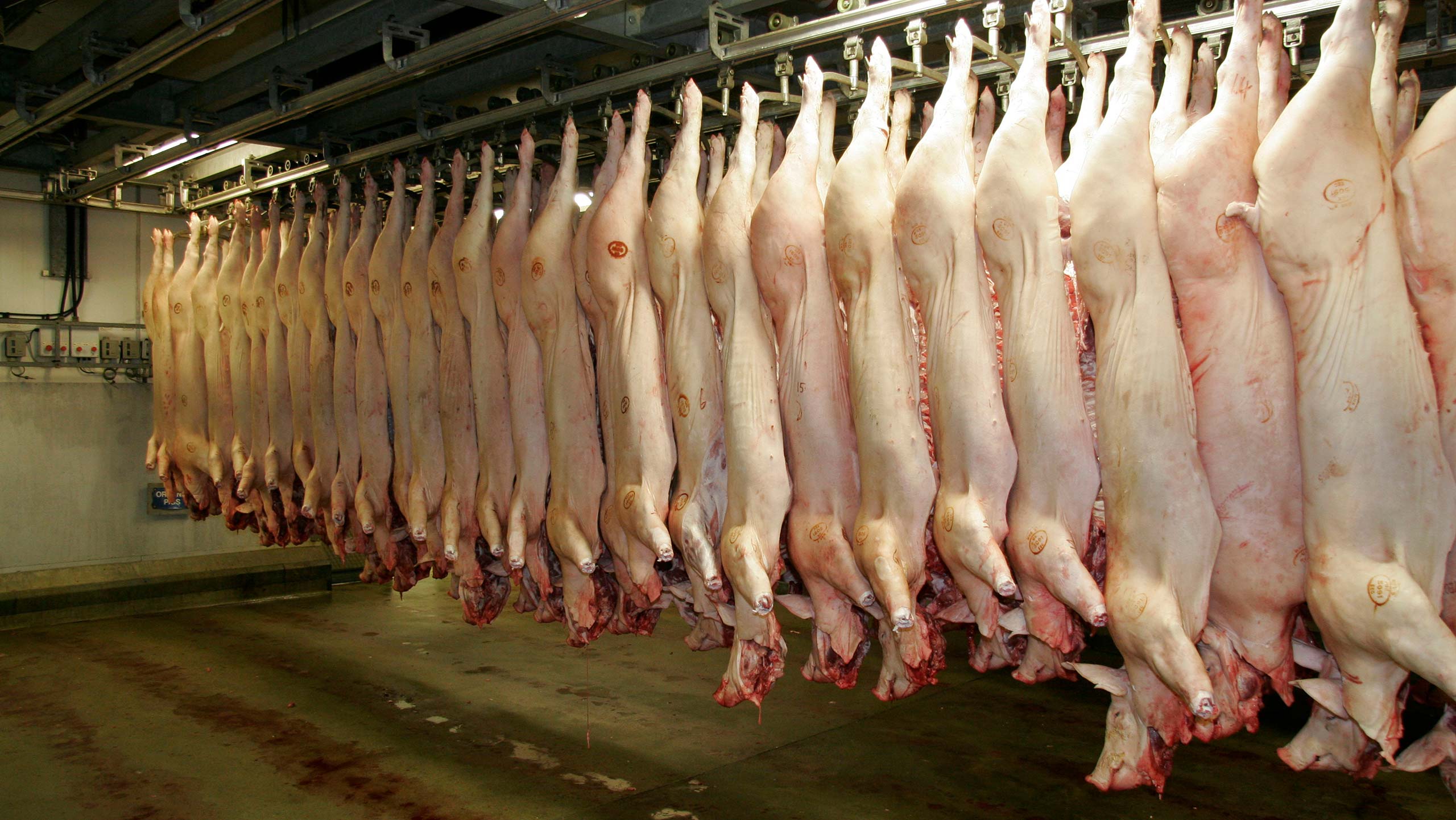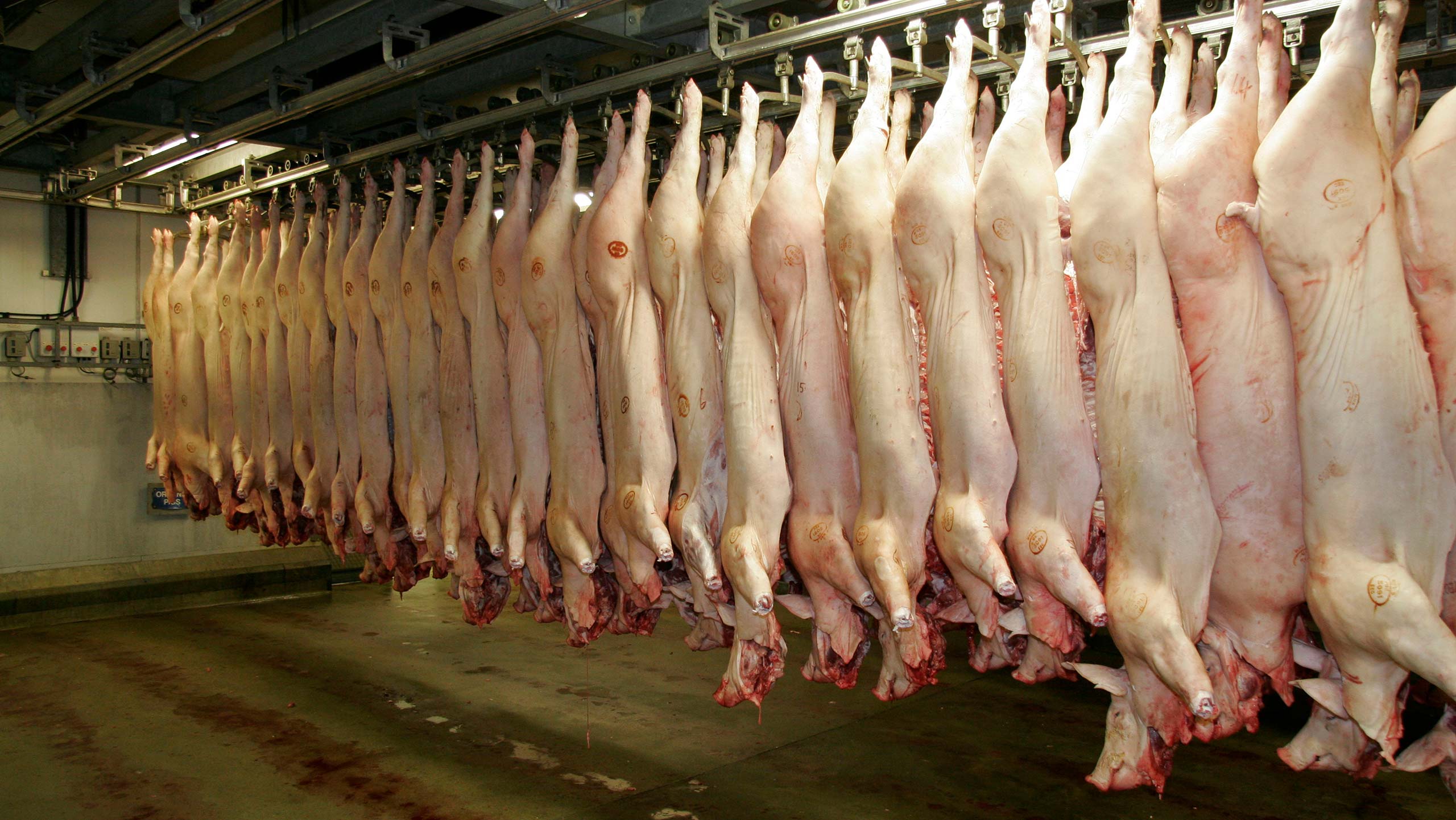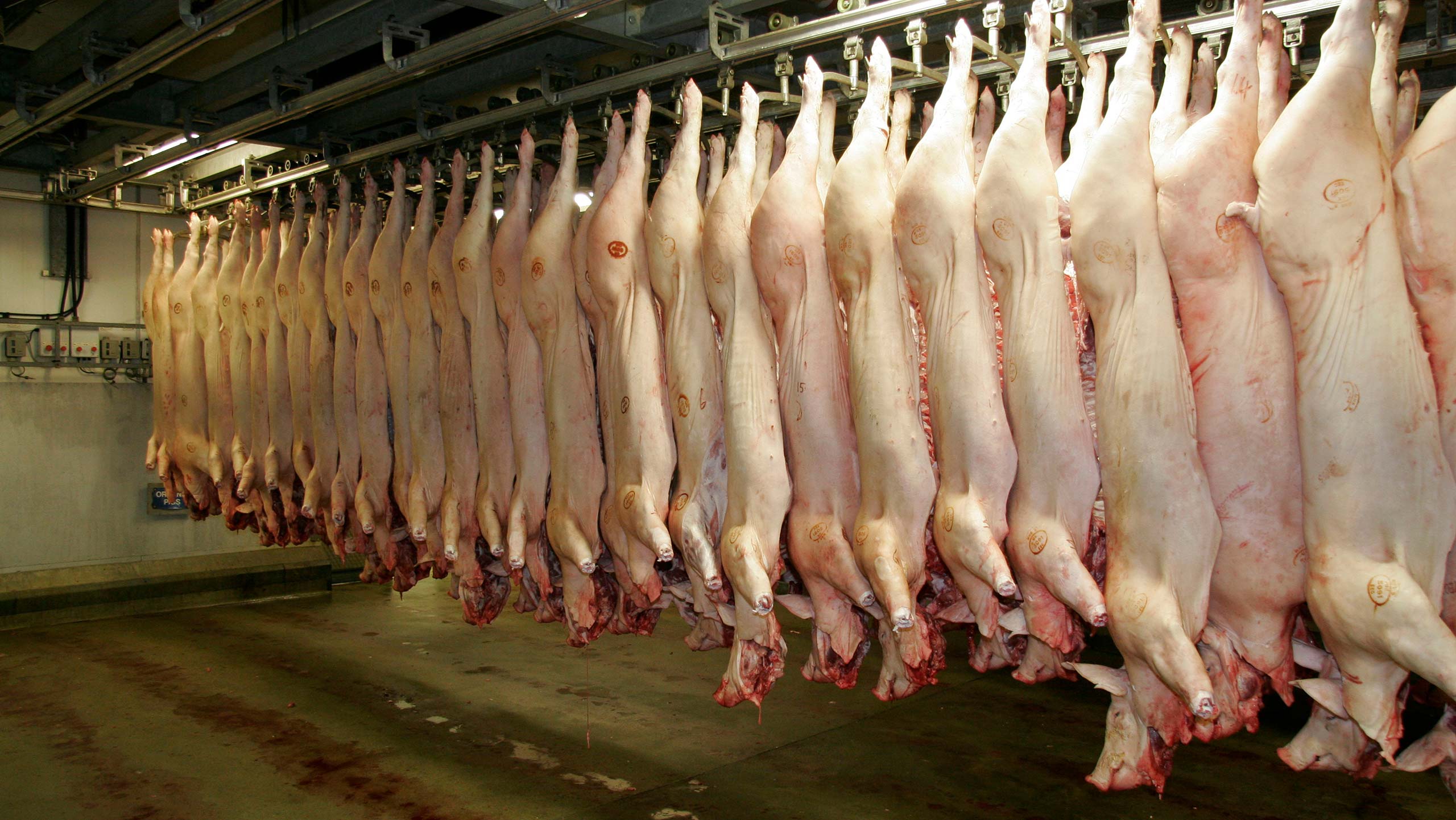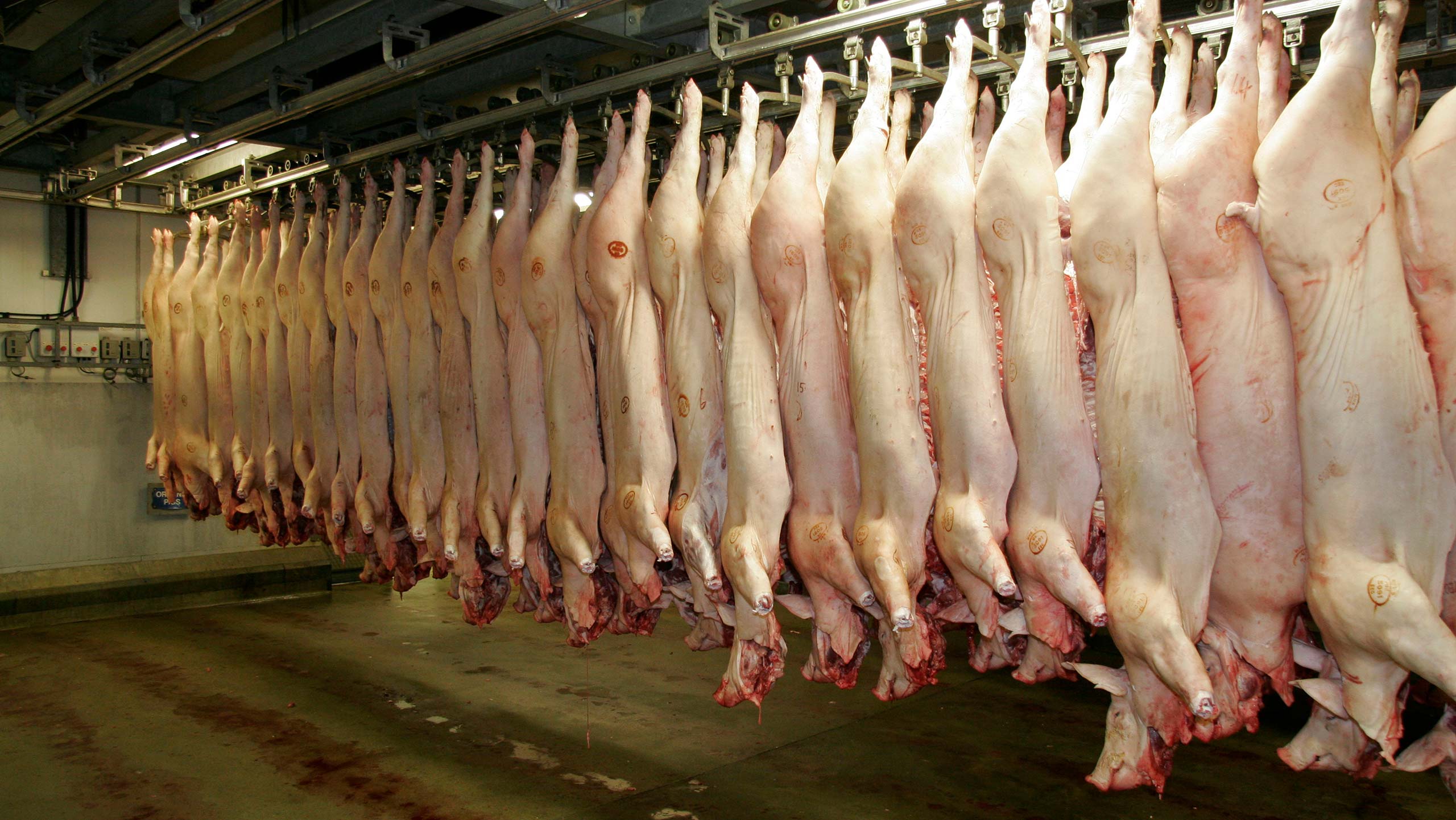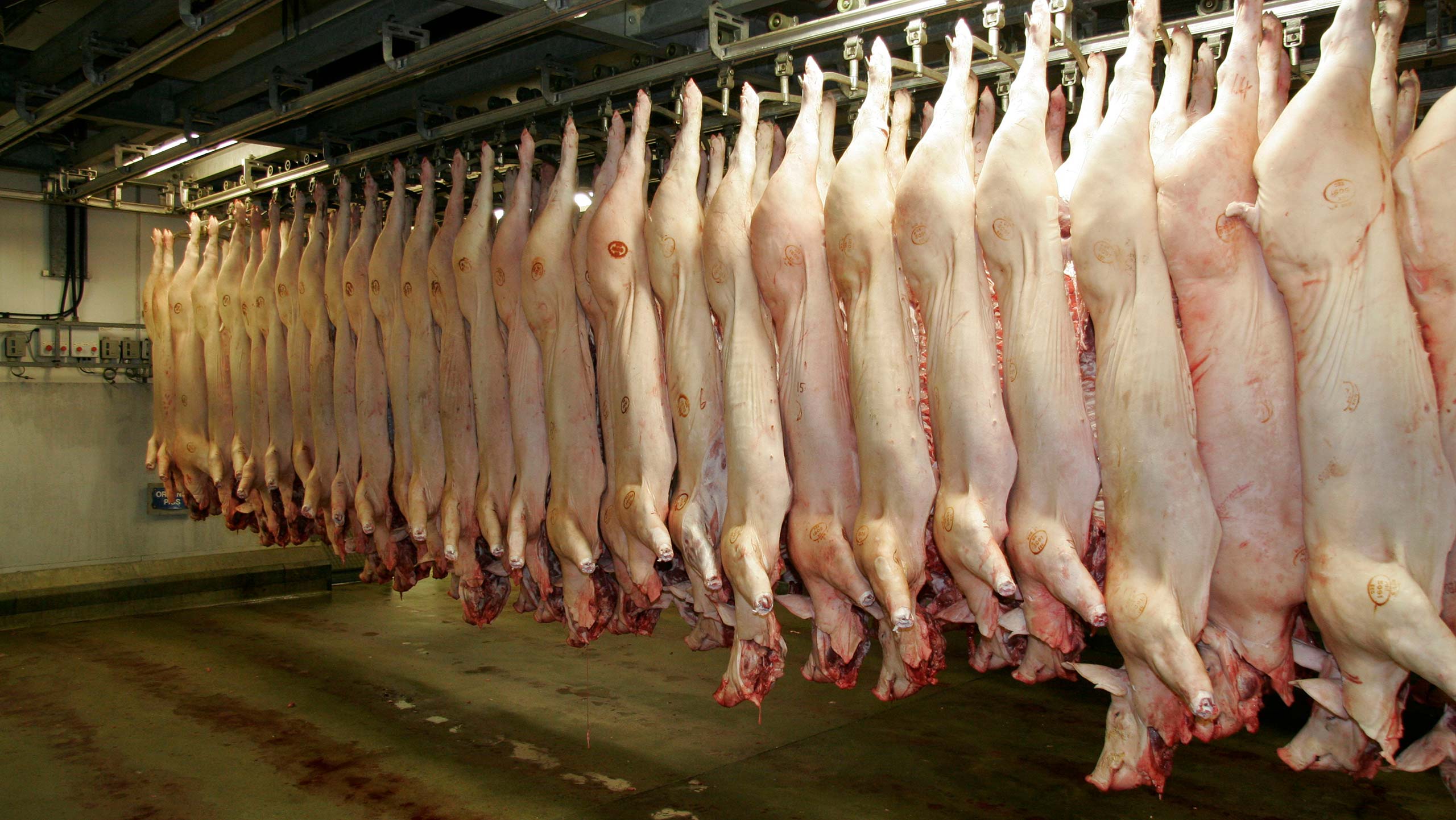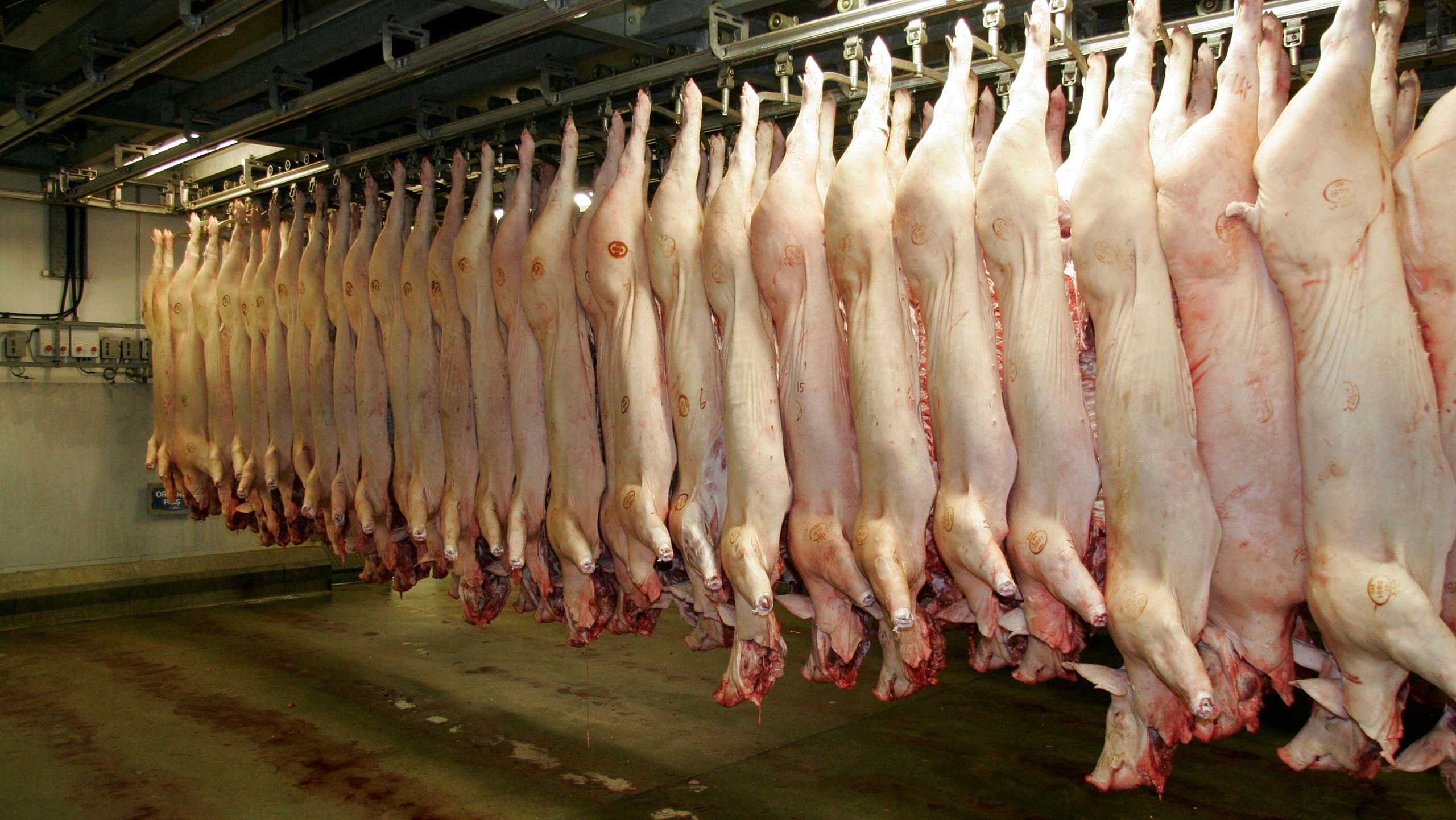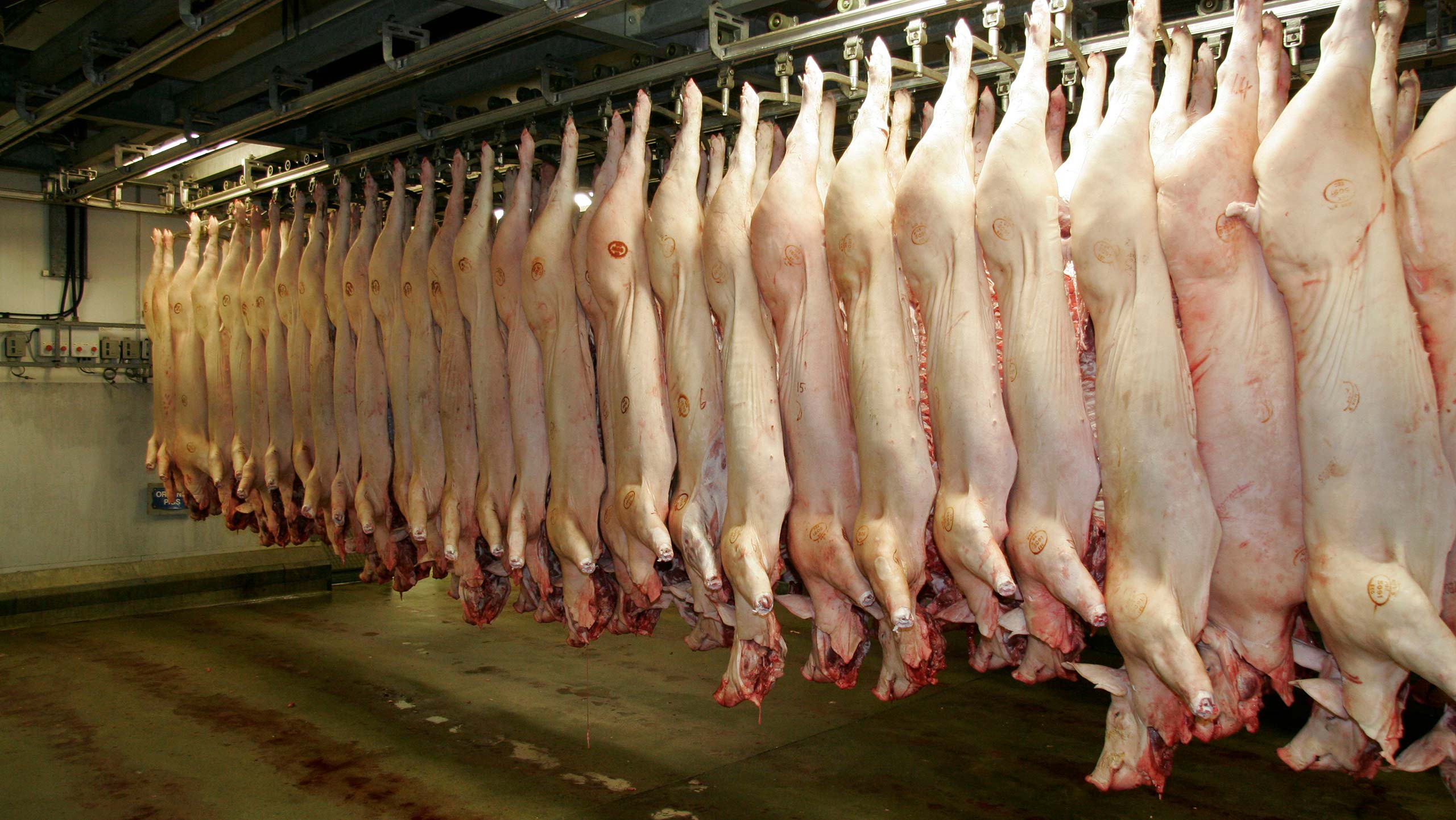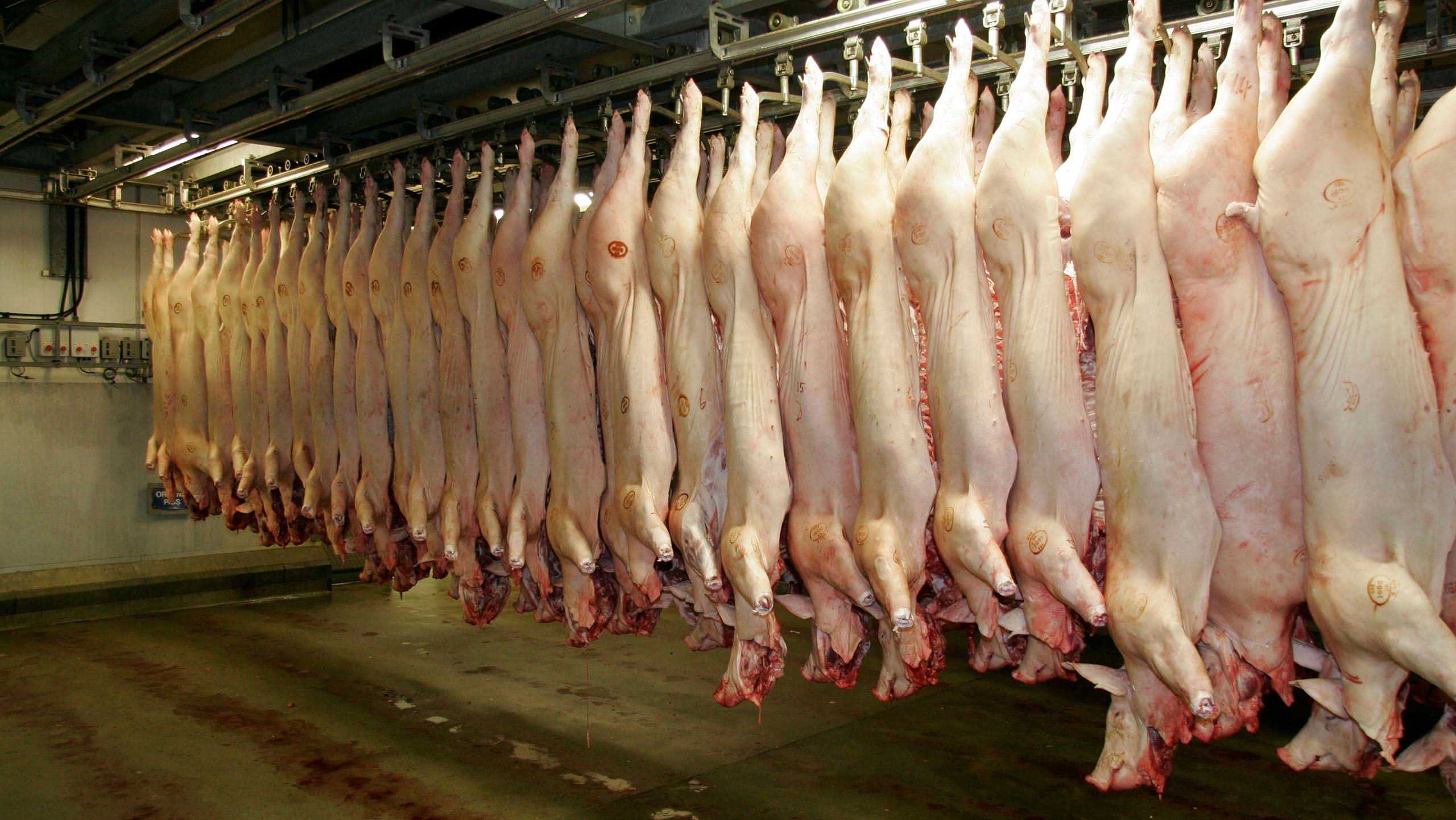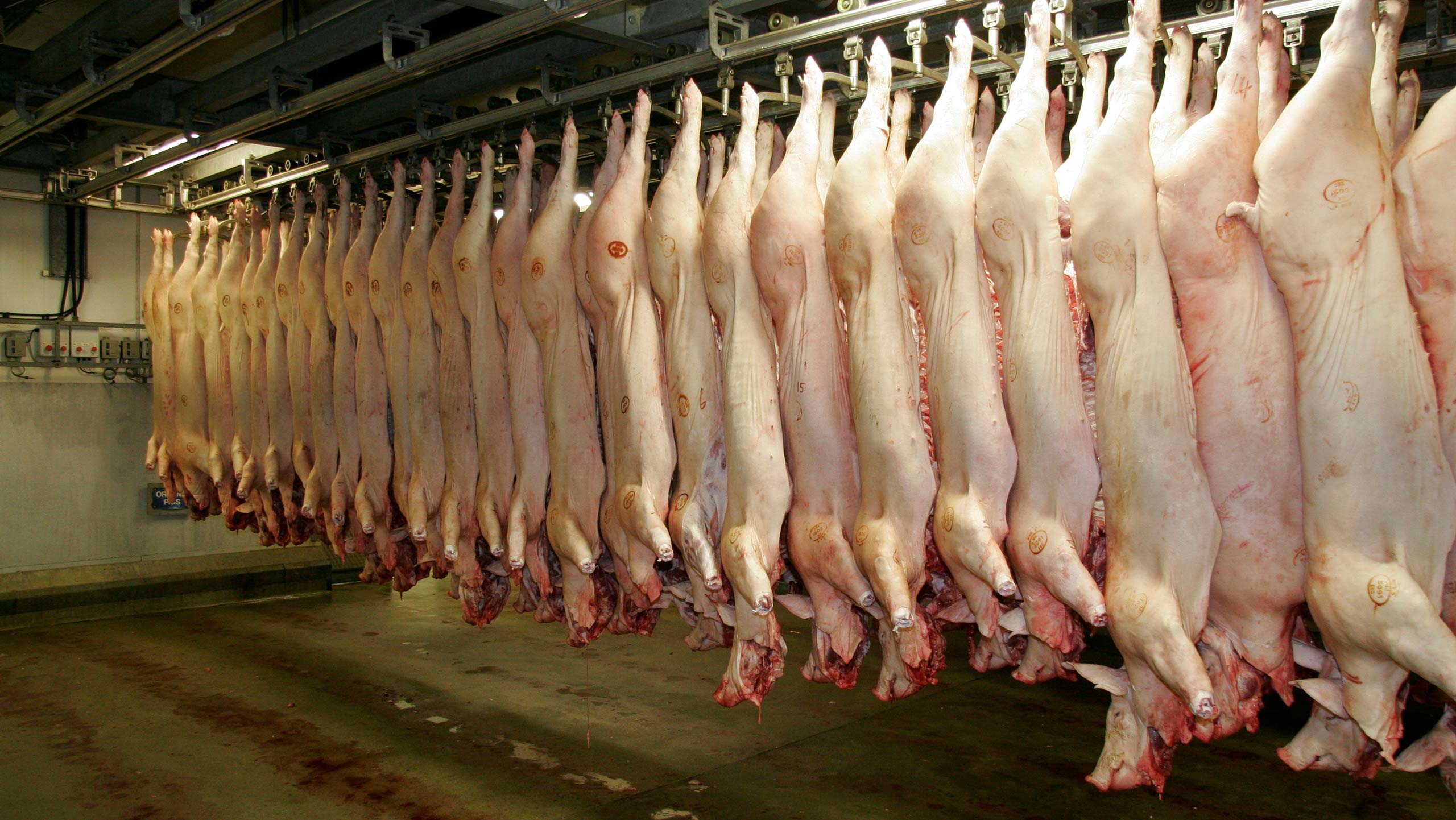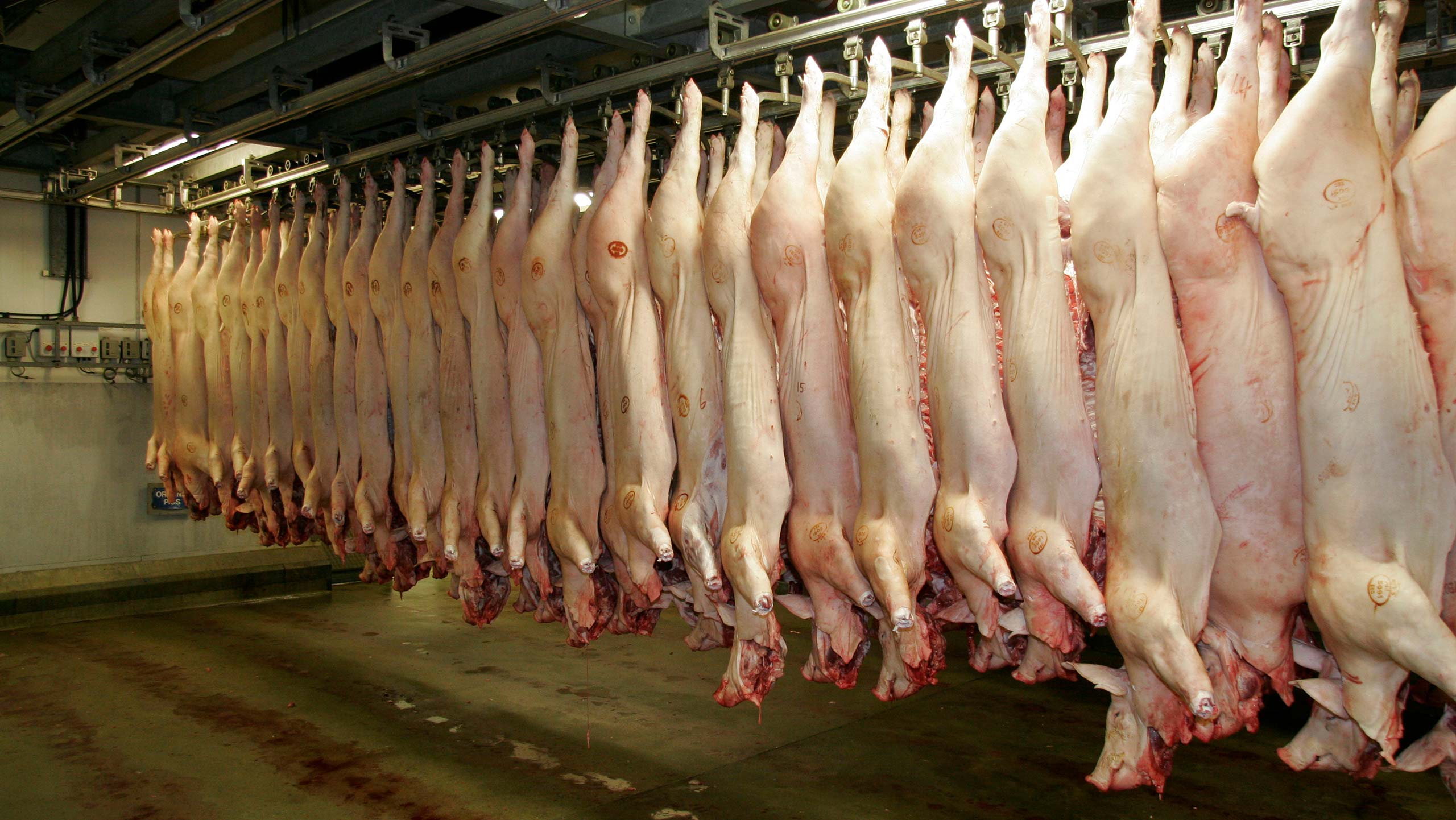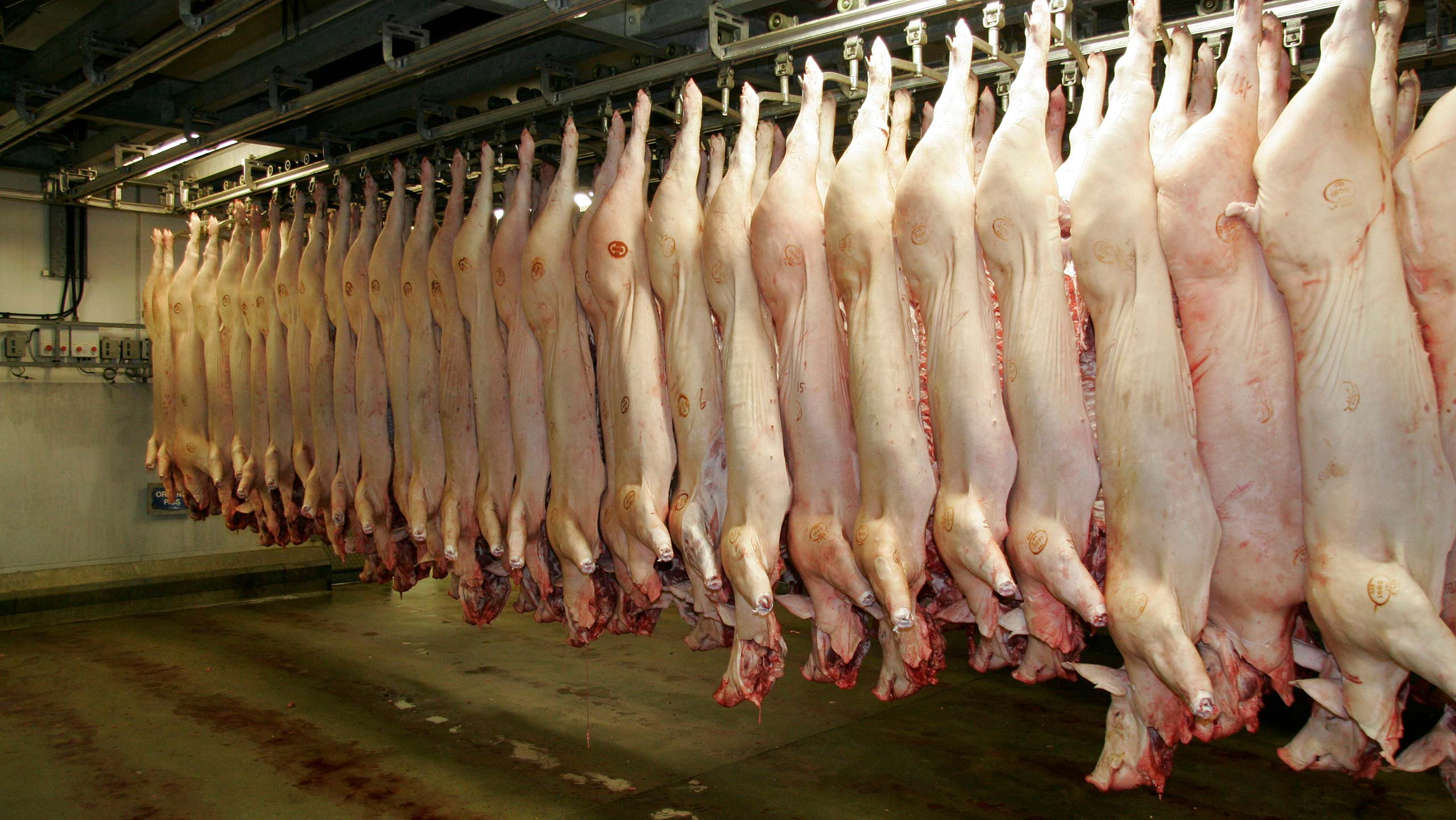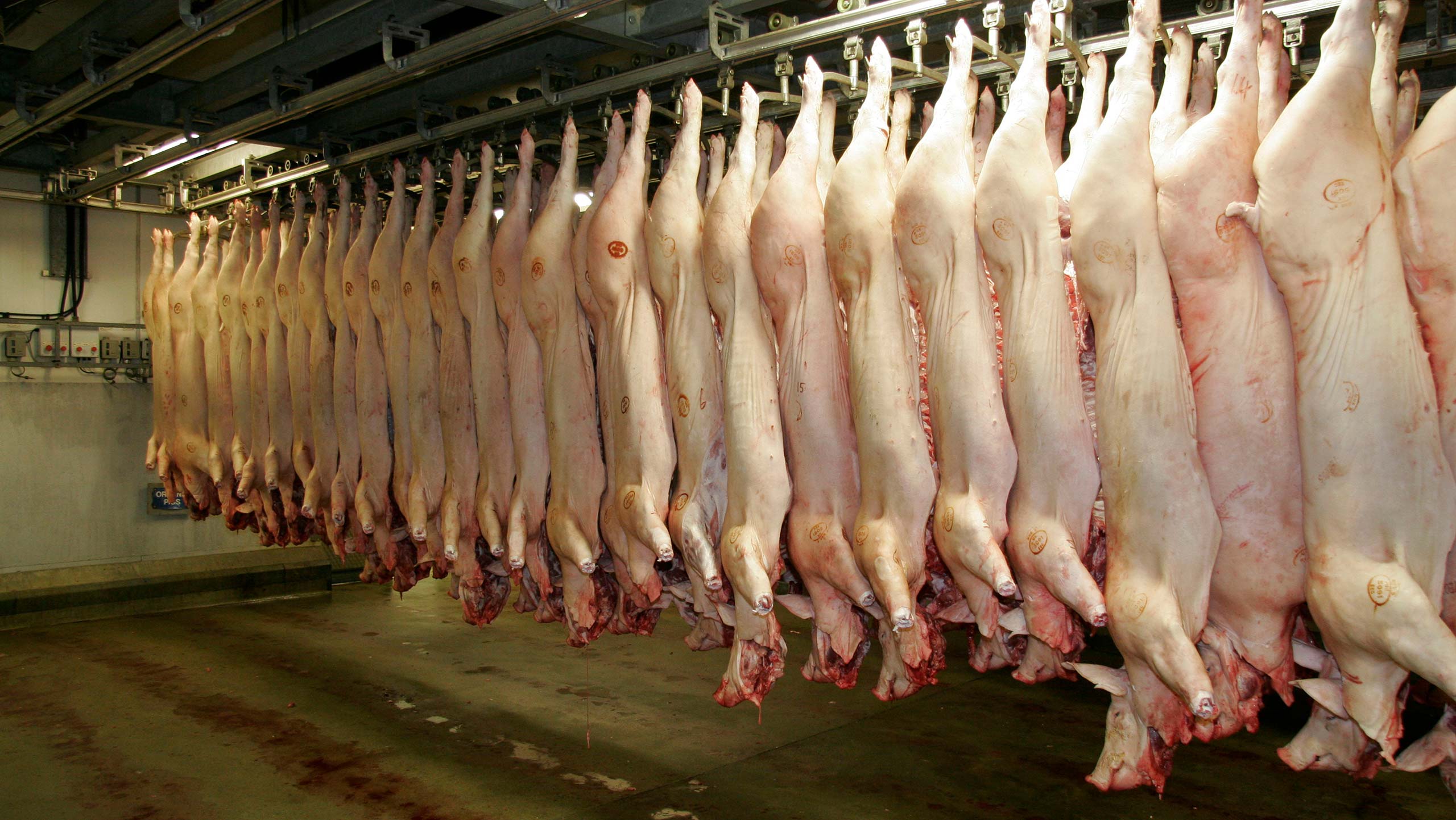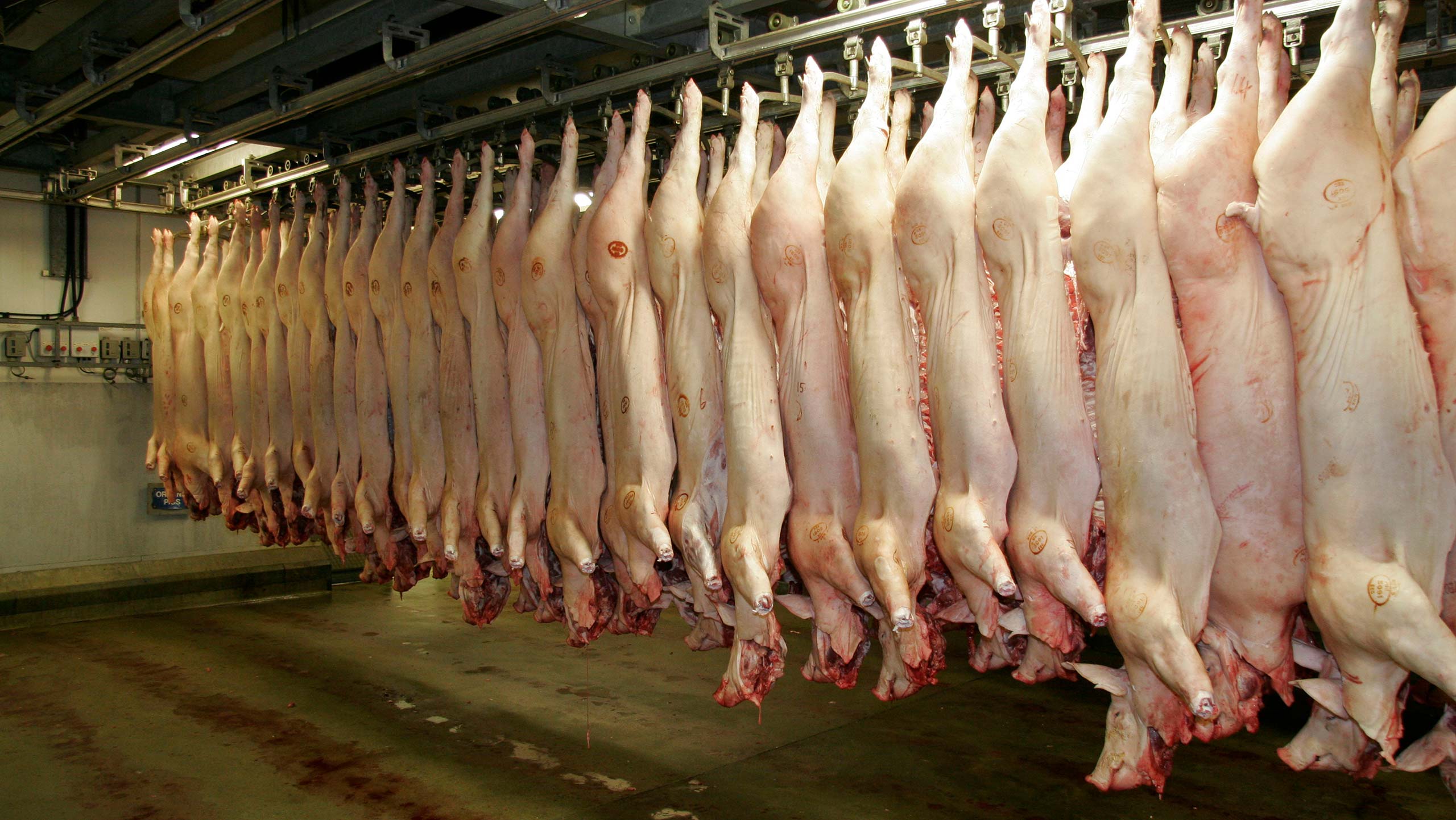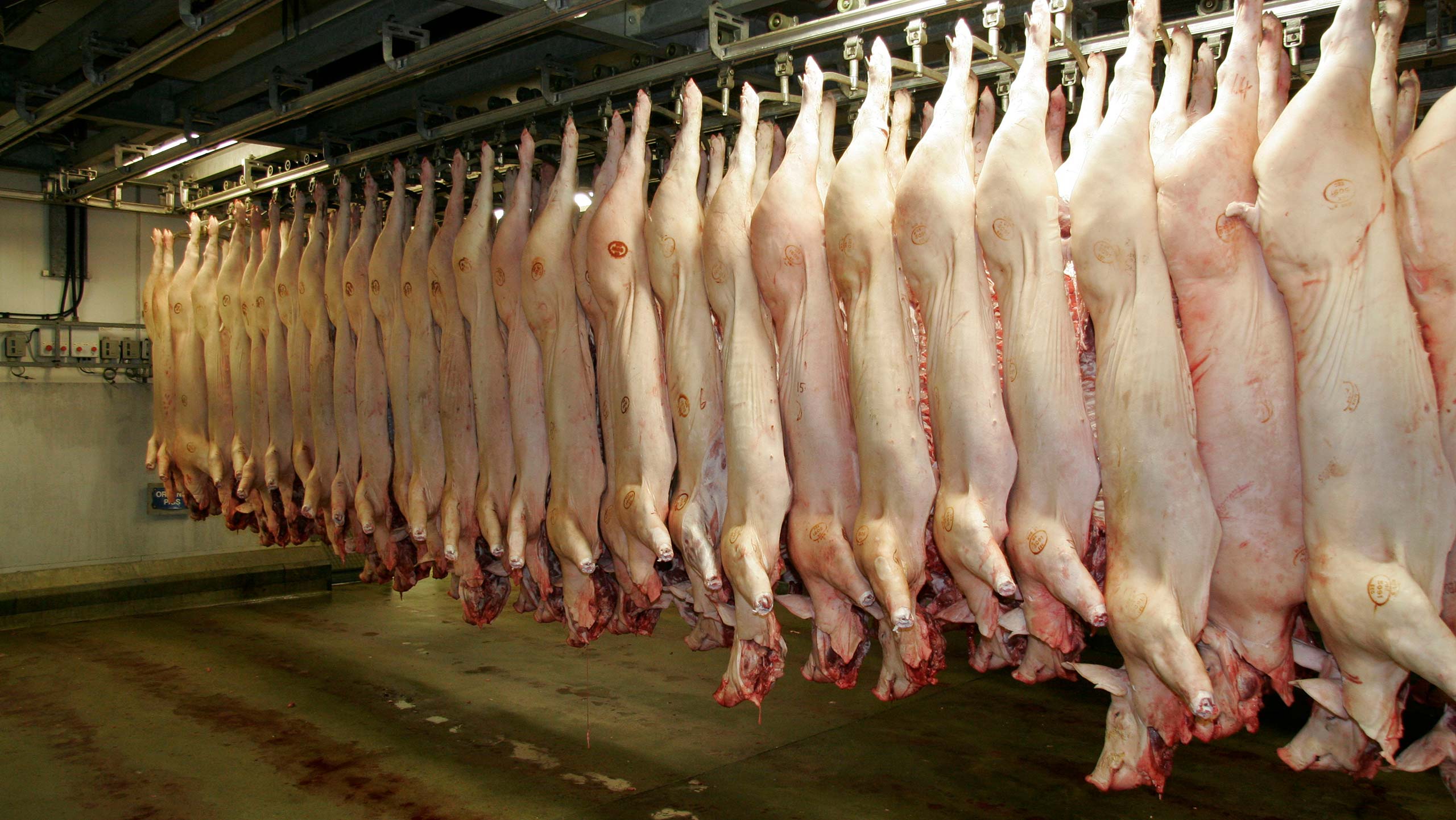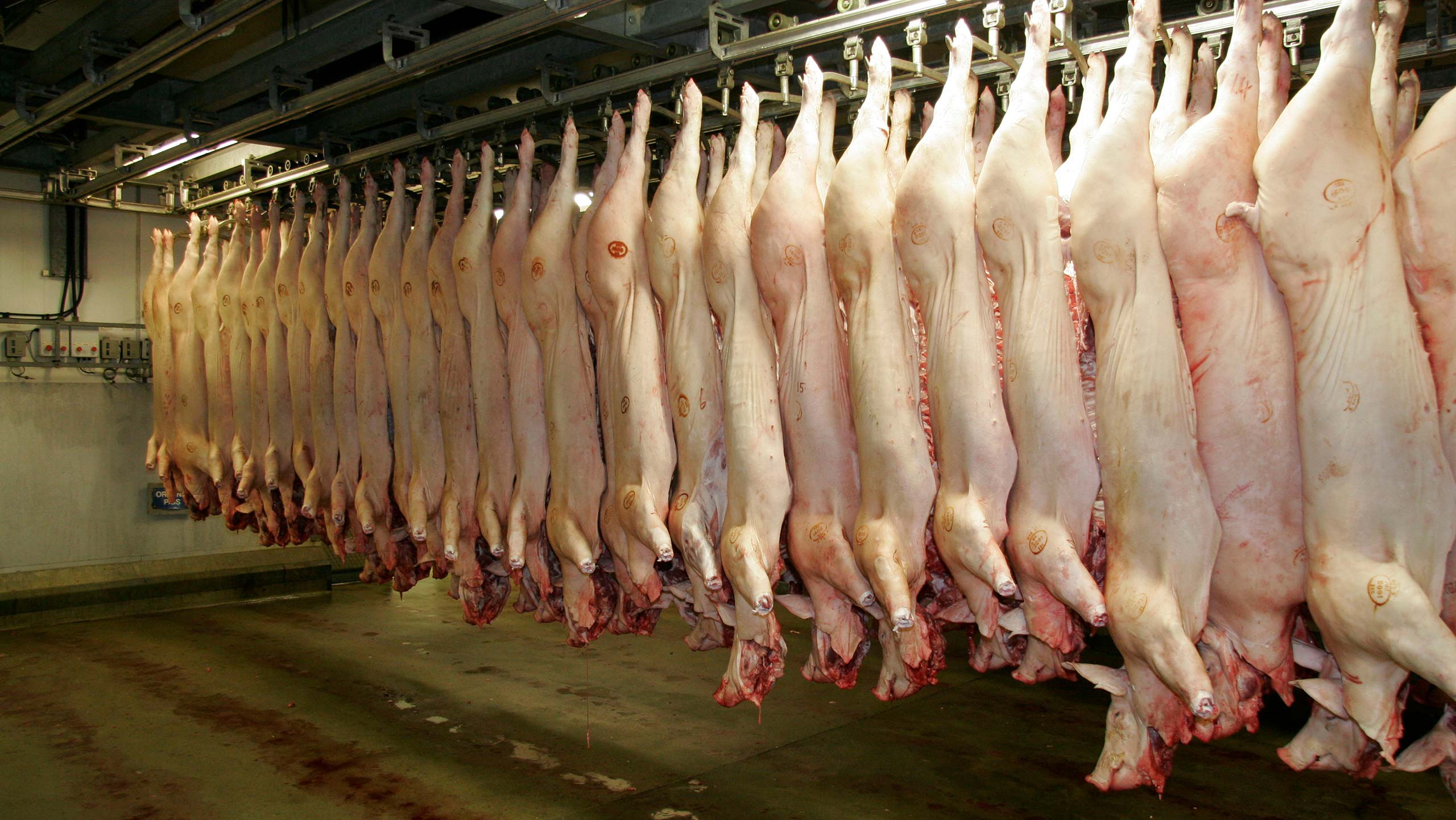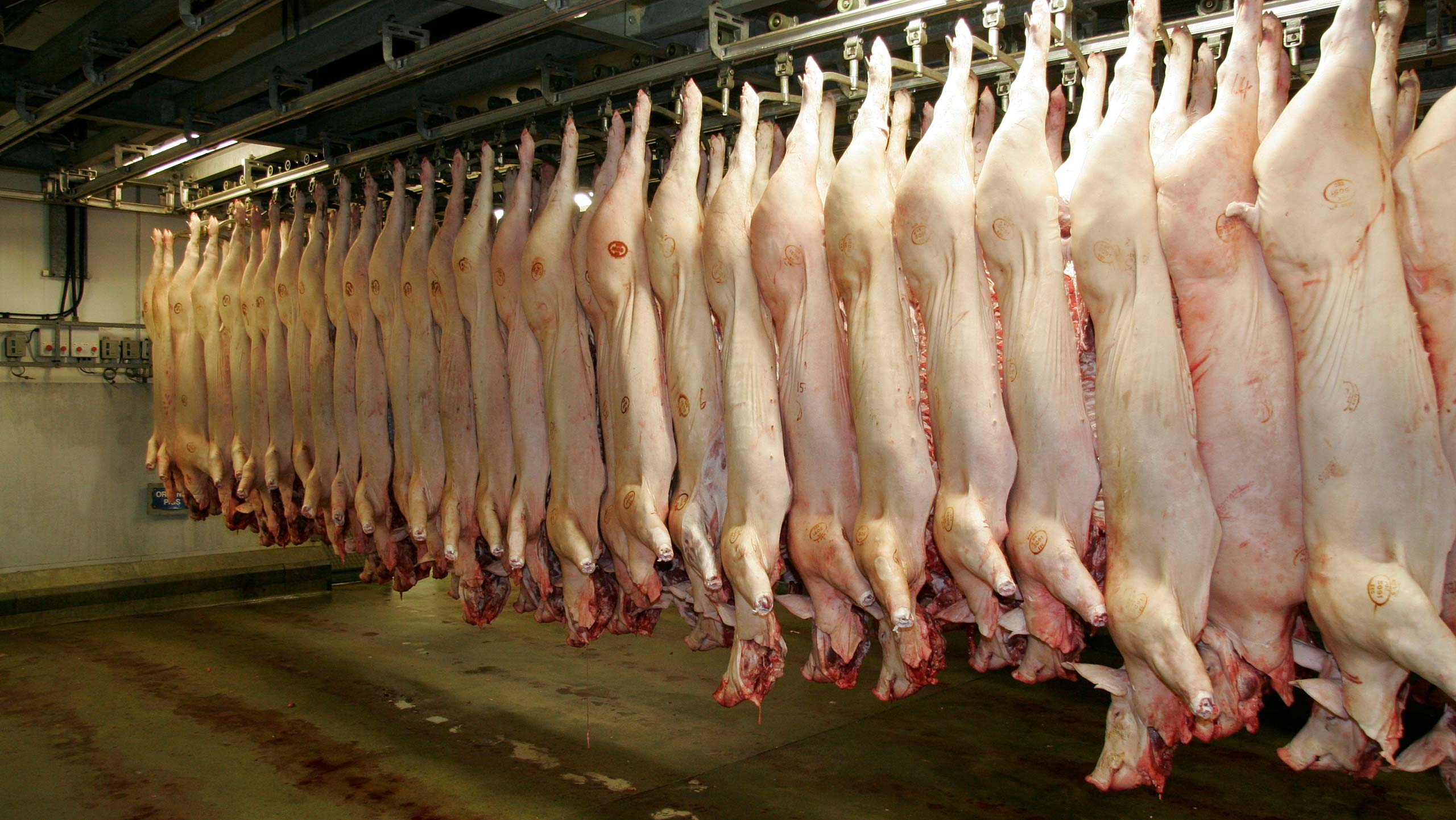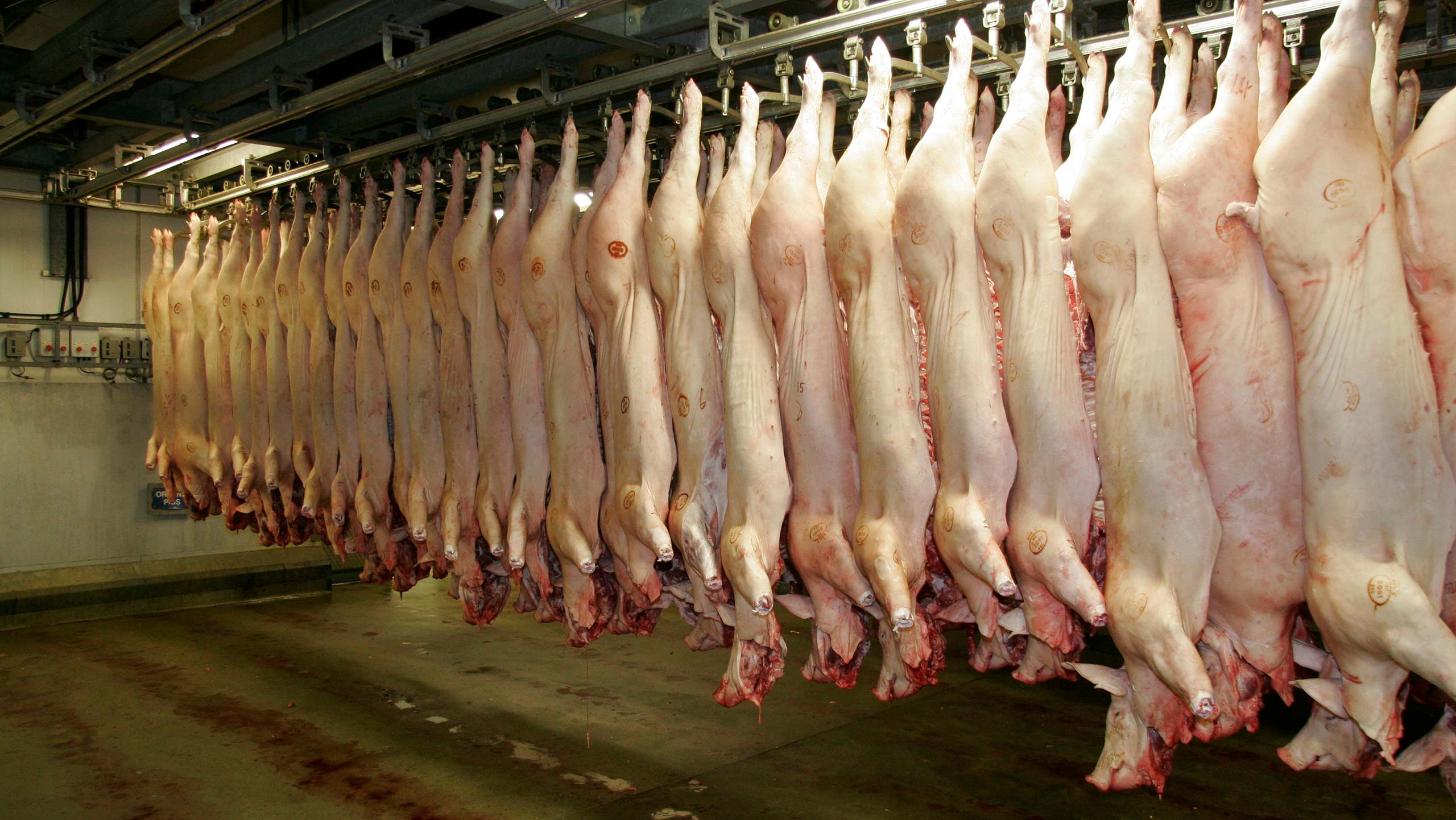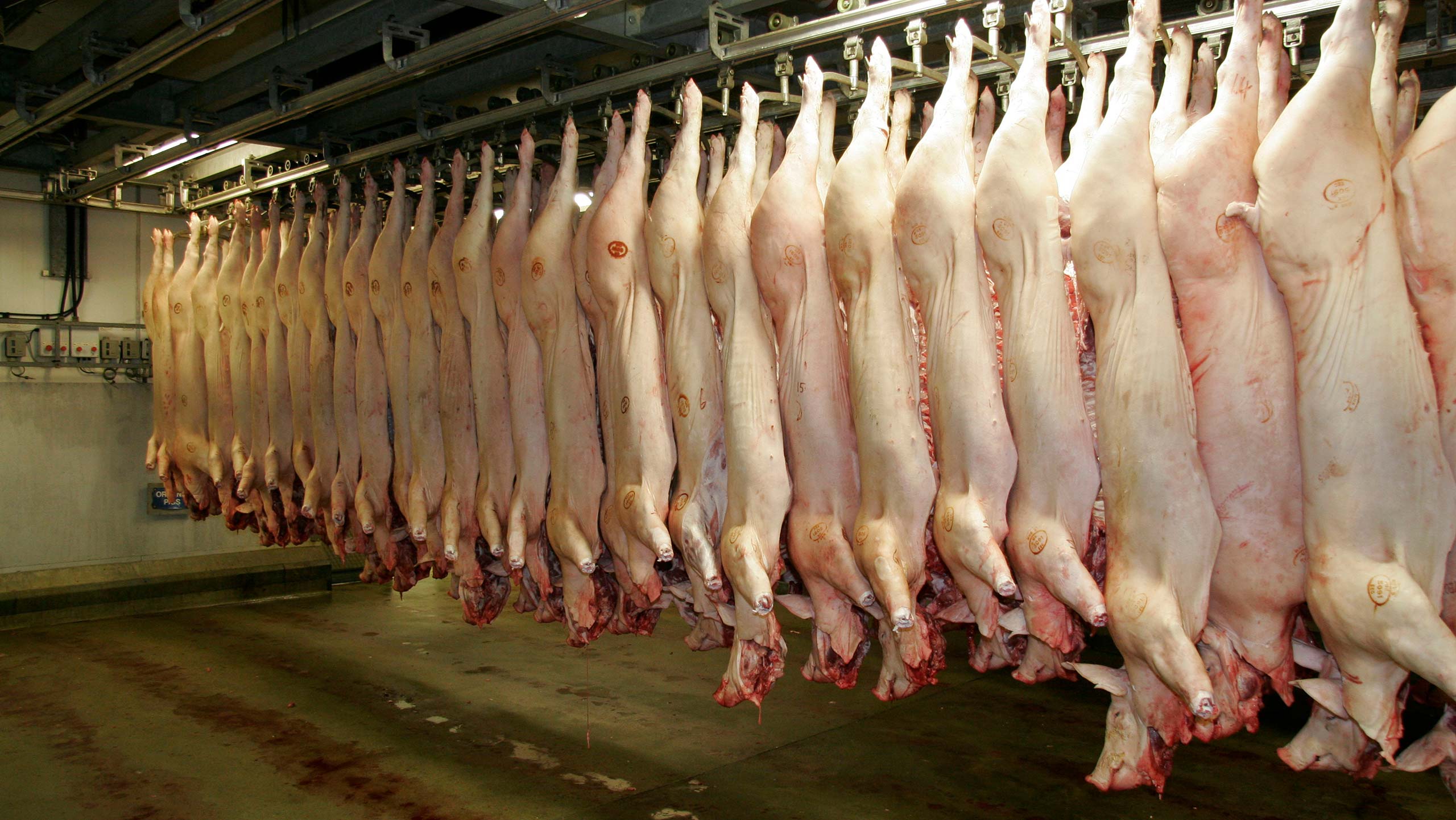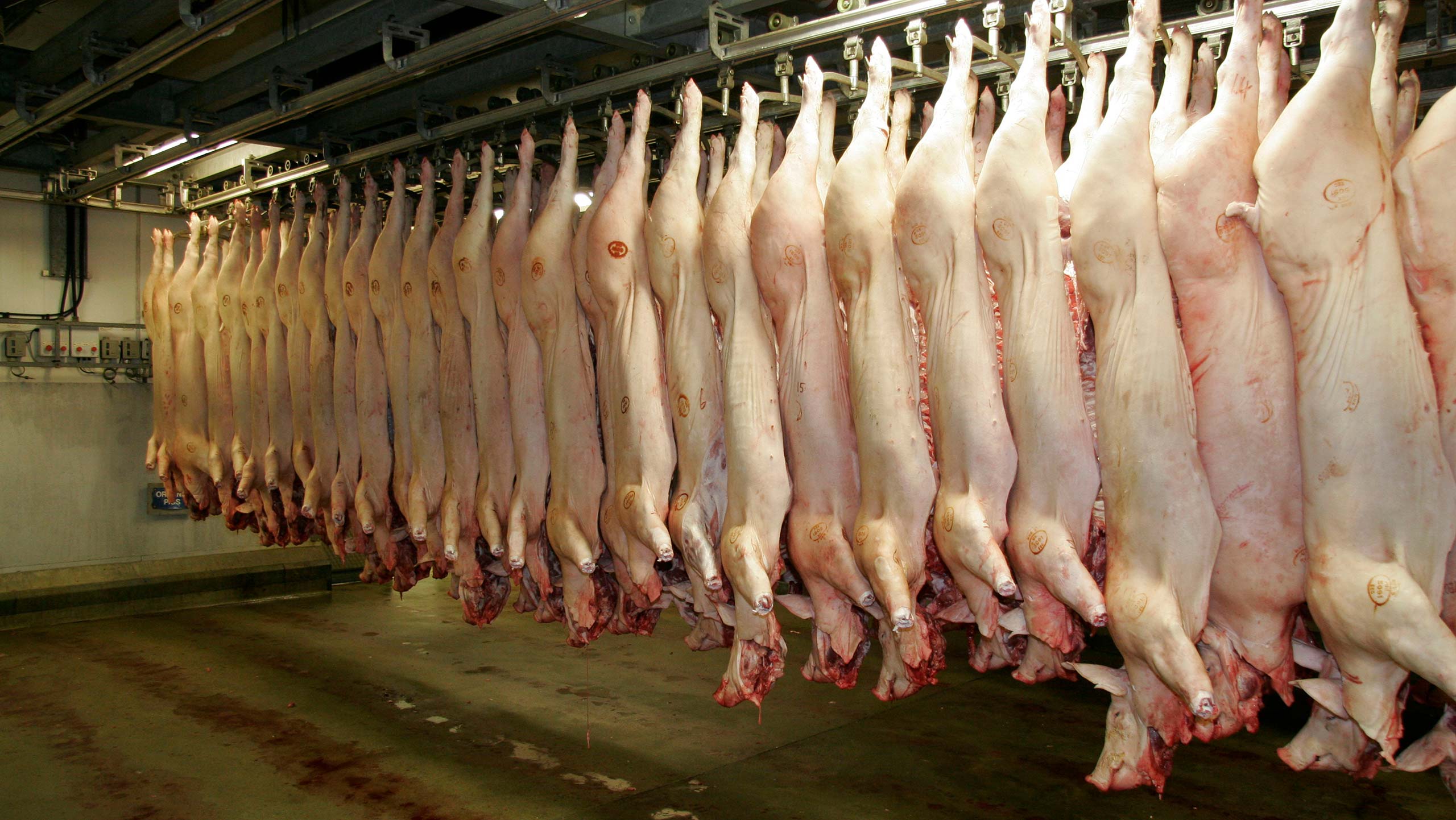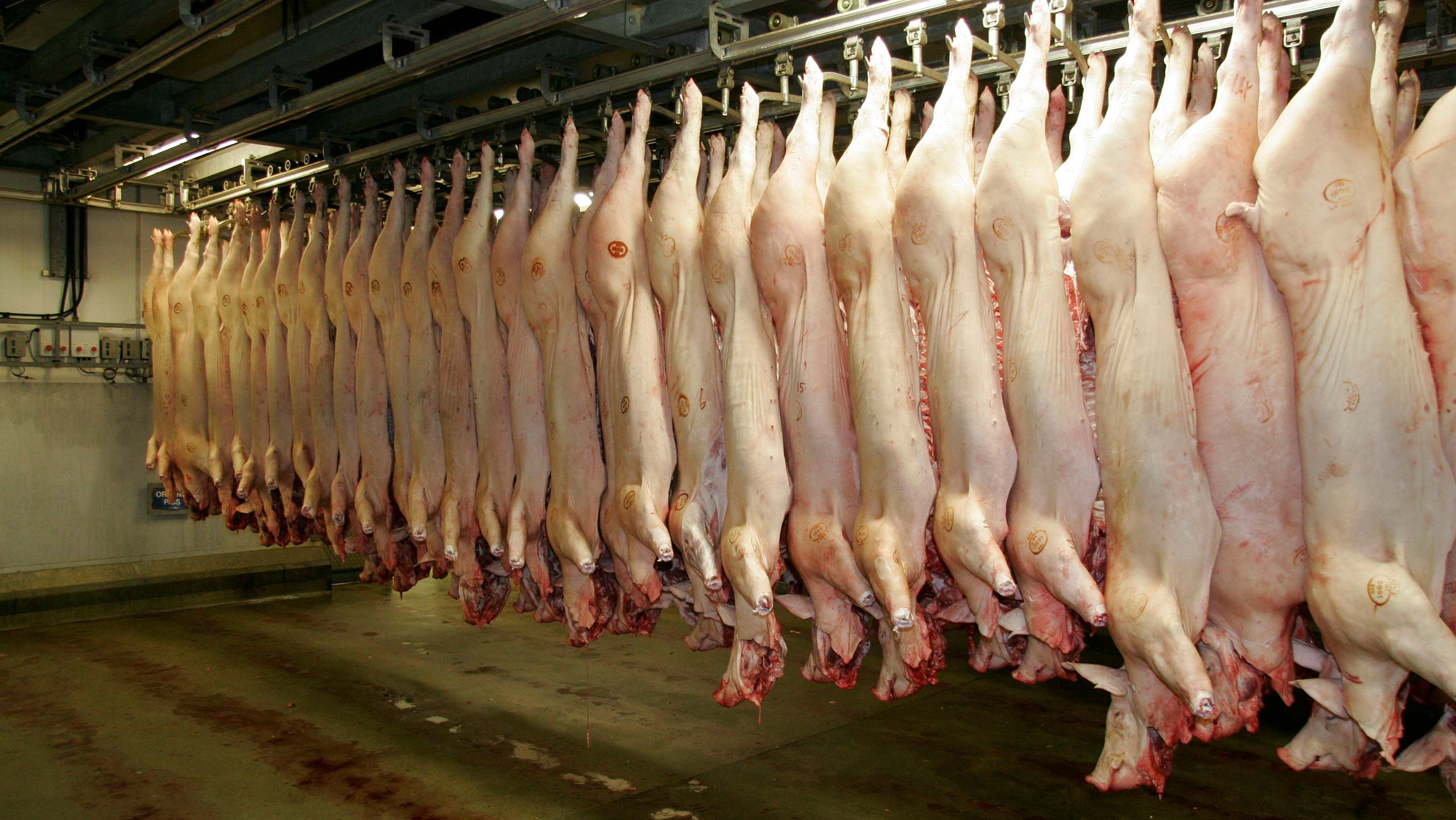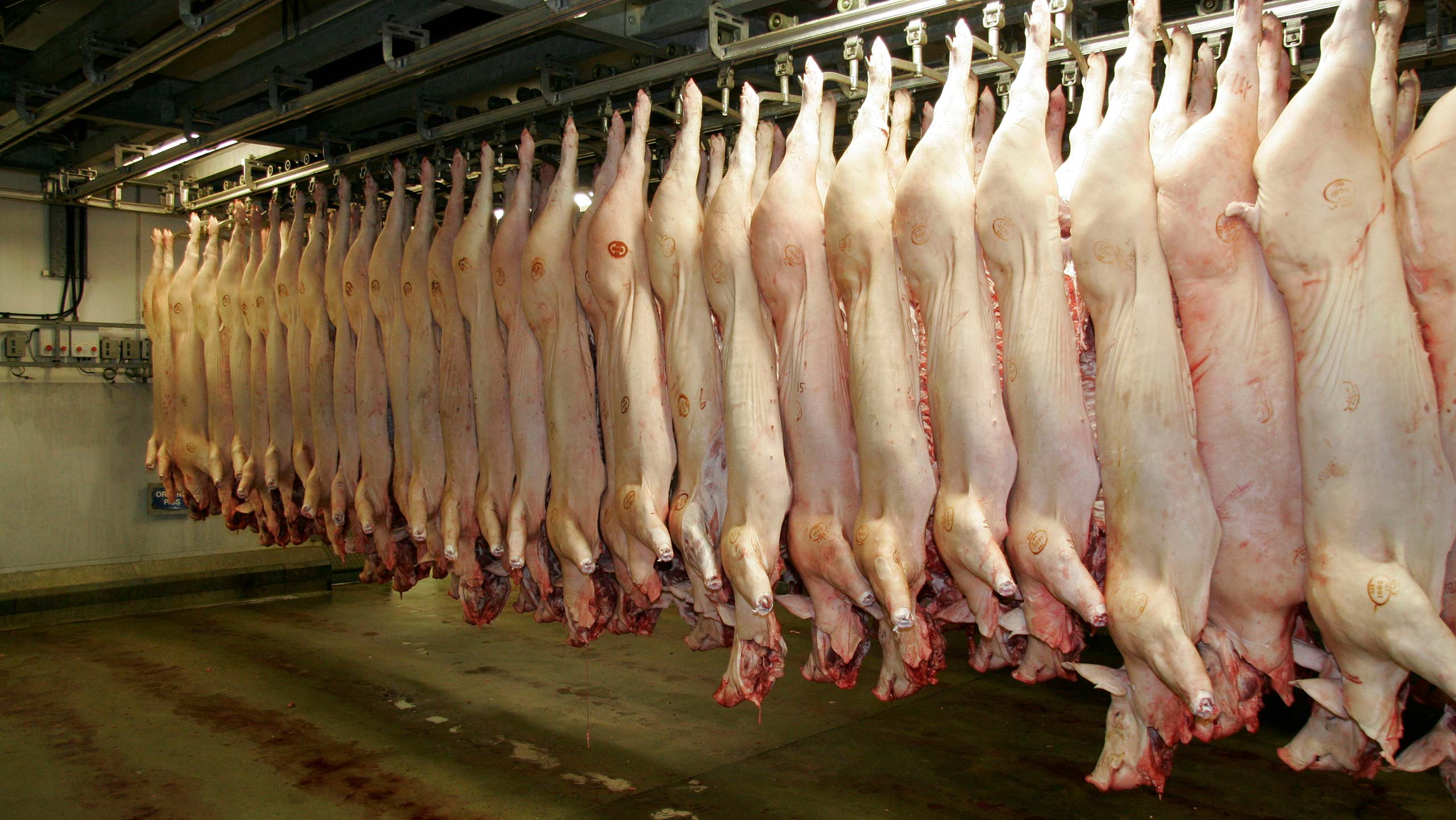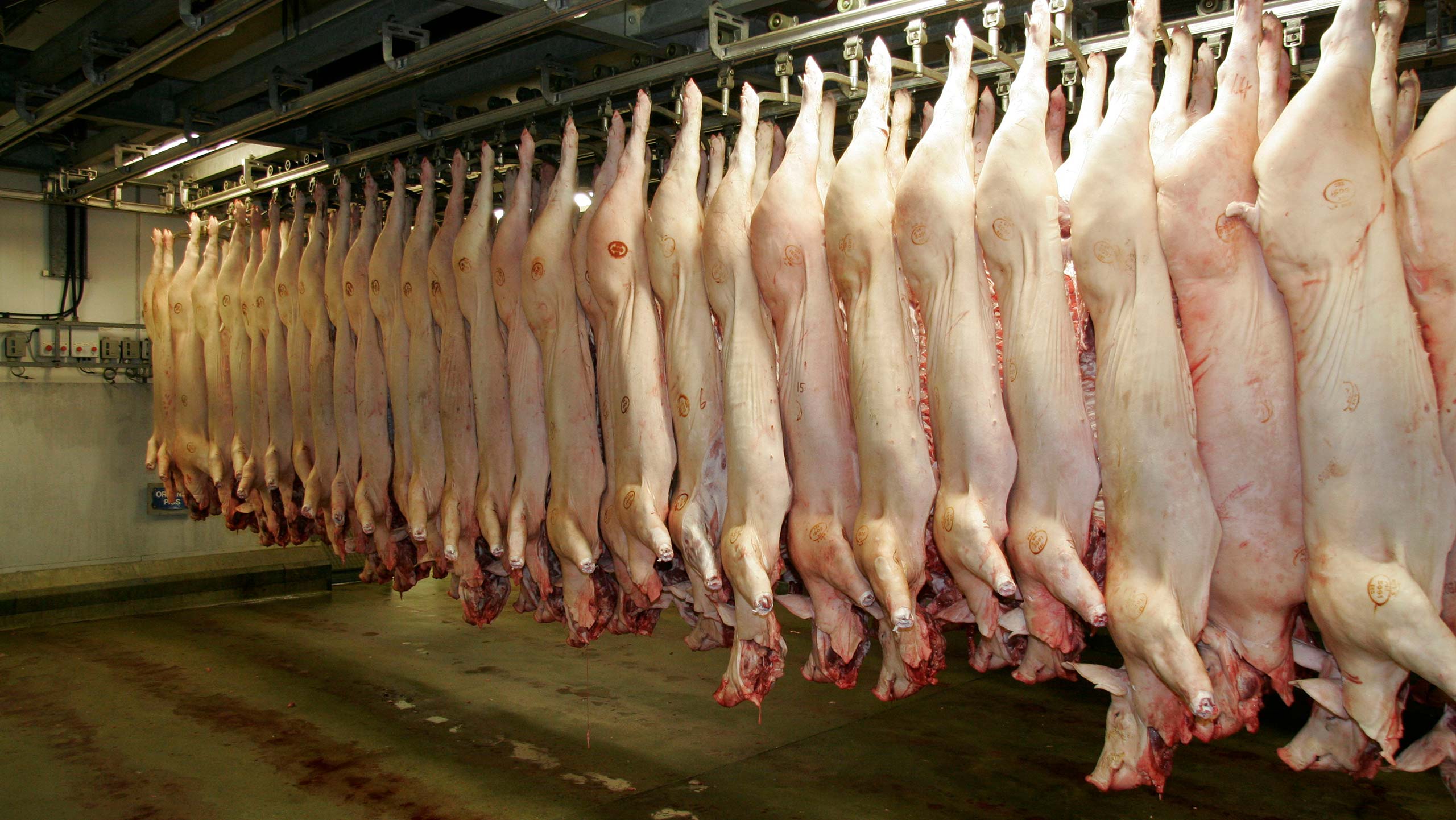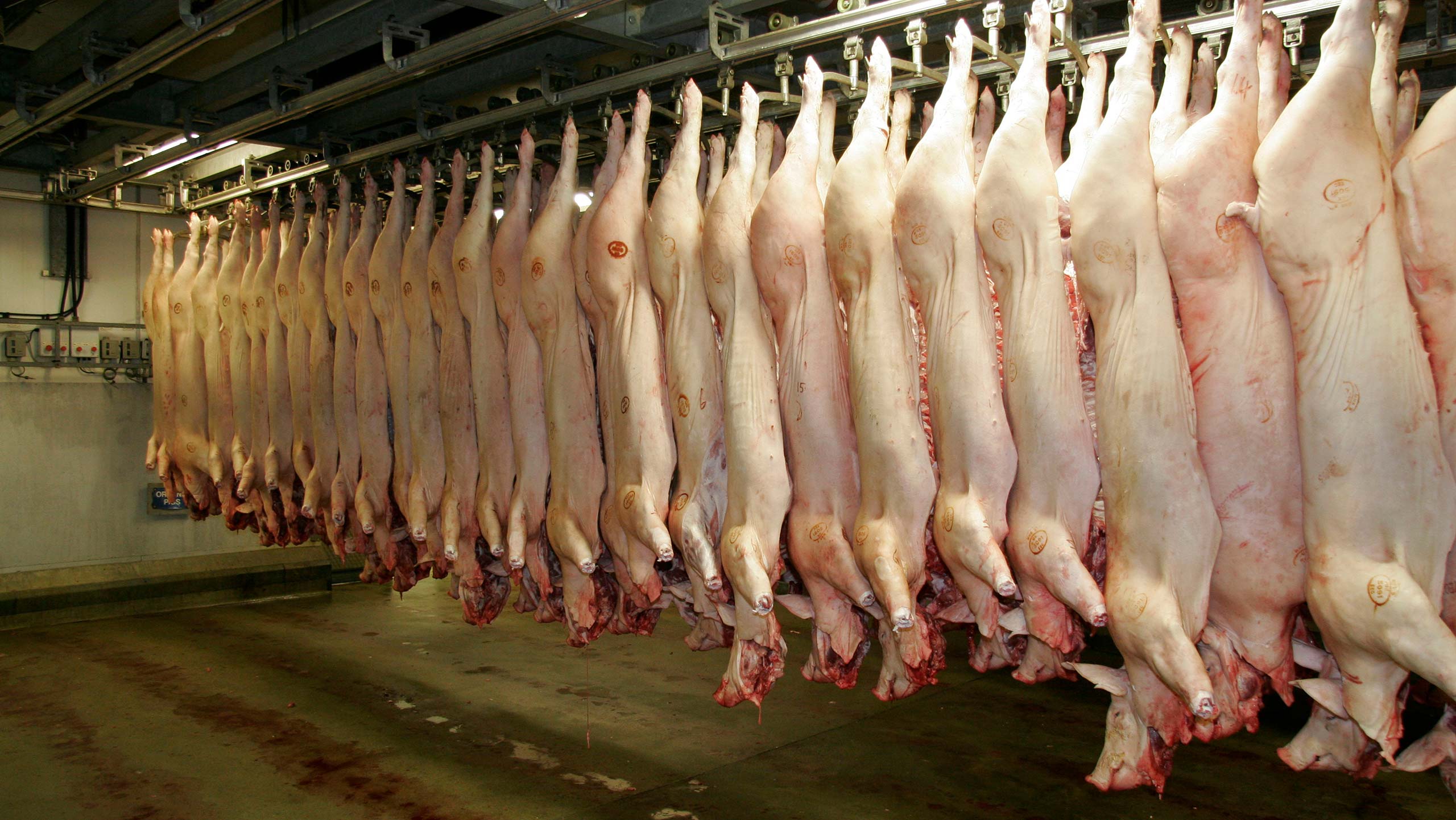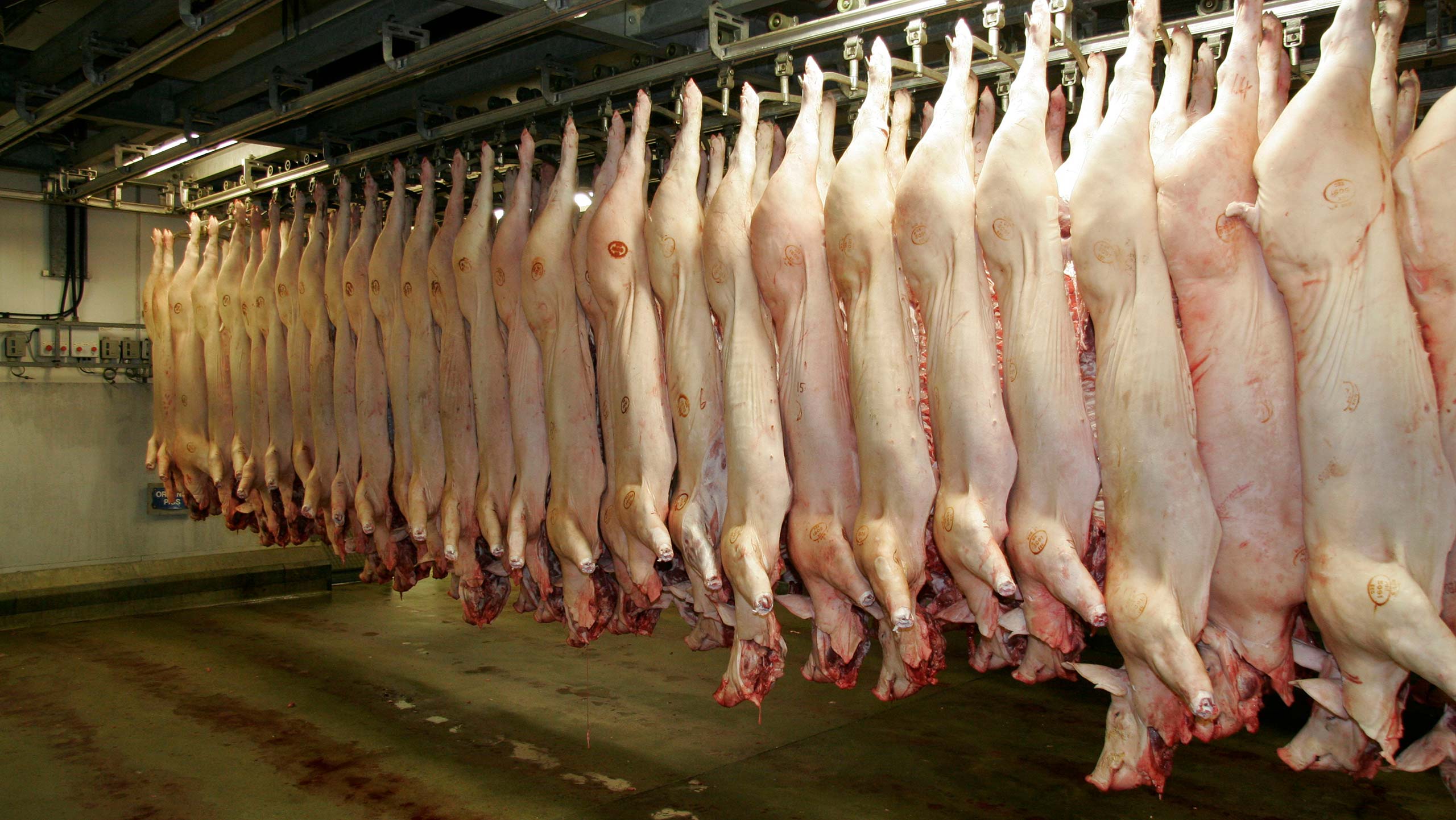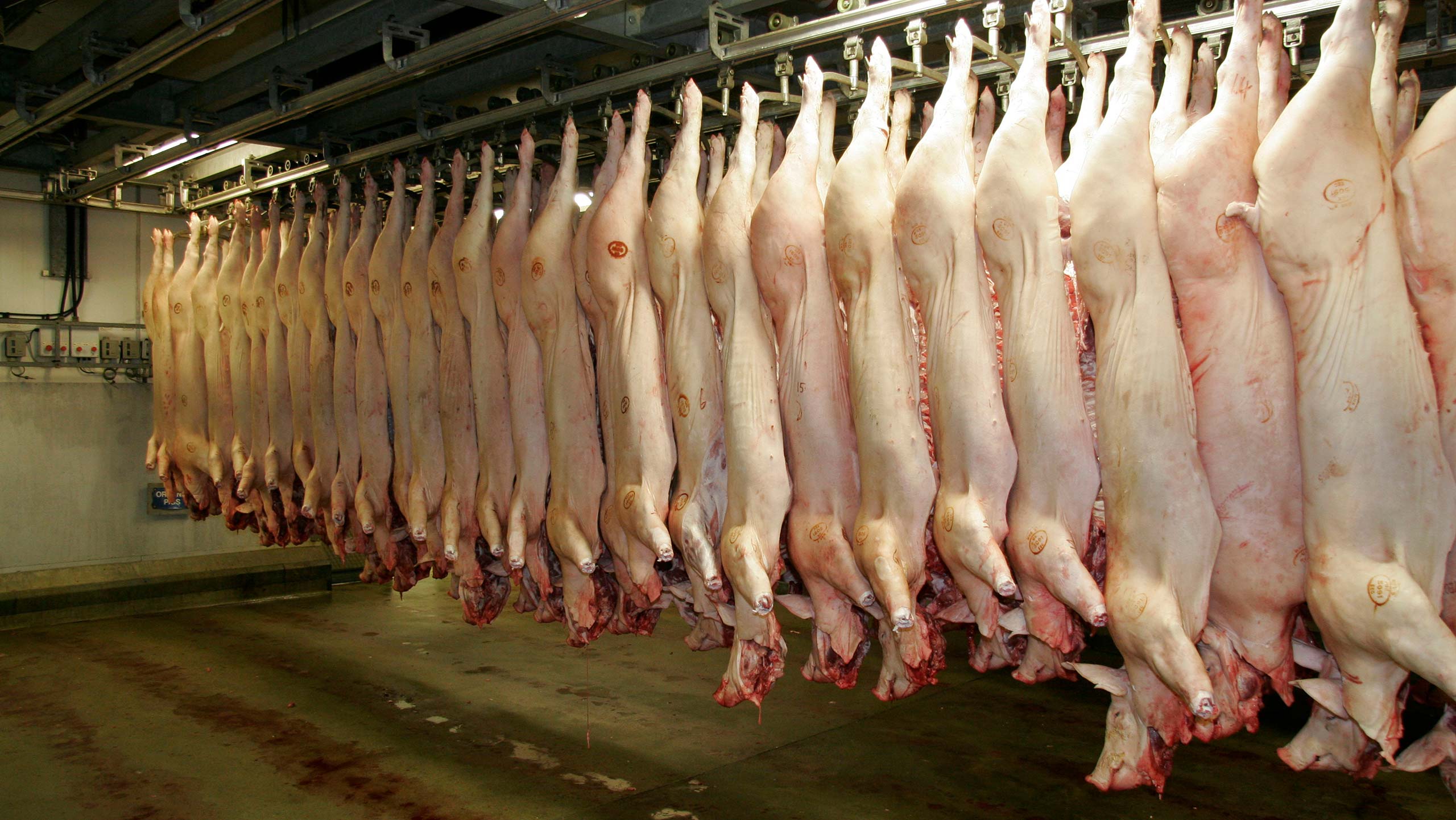When operating an abattoir, maintaining precise temperature control throughout your cold storage facilities isn't just about f…
Complete Abattoir Insurance Guide: Protecting Your Meat Processing Business
The meat processing industry operates under strict regulatory oversight and faces unique risks that require specialized insurance coverage. Abattoirs handle complex operations involving livestock, heavy machinery, cold storage, and food safety protocols, making comprehensive insurance protection essential for business continuity and regulatory compliance.
Understanding Abattoir Operations and Risks
Abattoirs face multifaceted risks across their operations. The slaughter and processing of livestock involves significant health and safety considerations, from handling live animals to operating dangerous machinery. Cold storage facilities require constant temperature control, while waste management and environmental compliance add additional complexity.
The regulatory environment is particularly stringent, with Food Standards Agency oversight, animal welfare requirements, and environmental health regulations. Any disruption to operations can result in significant financial losses, regulatory penalties, and reputational damage.
Essential Insurance Coverage for Abattoirs
Public Liability Insurance
Public liability protection is fundamental for abattoir operations. This coverage protects against claims from third parties who may suffer injury or property damage on your premises. Given the nature of abattoir operations, with delivery vehicles, contractors, and regulatory inspectors regularly accessing the facility, robust public liability coverage is essential.
Coverage should extend to product liability, protecting against claims arising from contaminated or defective meat products. This is particularly important given the potential for widespread food poisoning incidents that could affect multiple consumers and result in significant compensation claims.
Employers Liability Insurance
Abattoir work involves inherent risks to employee safety. Sharp tools, heavy machinery, slippery surfaces, and the physical demands of meat processing create numerous opportunities for workplace accidents. Employers liability insurance provides essential protection against employee injury claims.
Coverage should account for the specific risks of abattoir work, including cuts from knives and machinery, back injuries from heavy lifting, slips and falls on wet surfaces, and potential exposure to zoonotic diseases. The policy should also cover temporary and contract workers who may be less familiar with safety procedures.
Professional Indemnity Insurance
Professional indemnity coverage protects against claims arising from professional advice or services. For abattoirs, this includes veterinary decisions, food safety assessments, and compliance certifications. Any errors in professional judgment that result in financial losses for clients or regulatory breaches could trigger significant claims.
This coverage is particularly important for abattoirs that provide cutting and packaging services to farmers or supply specialist products to restaurants and retailers. Professional advice regarding meat quality, storage requirements, or processing methods could result in liability if proven incorrect.
Commercial Property Insurance
Abattoir facilities represent significant capital investment requiring comprehensive property protection. Buildings must withstand the demands of industrial meat processing, with specialized flooring, drainage systems, and temperature-controlled environments.
Property coverage should include the main processing facility, cold storage areas, administrative buildings, and any ancillary structures. Equipment coverage must account for specialized machinery including stunning equipment, conveyor systems, cutting tools, refrigeration units, and waste processing equipment.
The policy should provide adequate coverage for business interruption, recognizing that any significant damage to processing equipment or cold storage could halt operations for extended periods. Loss of refrigeration, in particular, could result in the total loss of stored inventory.
Business Interruption Insurance
Business interruption coverage is crucial for abattoir operations given their dependence on continuous processing and strict delivery schedules. Any interruption to operations can result in lost contracts, spoiled inventory, and ongoing fixed costs without corresponding revenue.
Coverage should account for various interruption scenarios including equipment breakdown, fire damage, flood, power outages, and regulatory closure. The policy should provide adequate coverage for lost gross profit, continuing expenses, and additional costs incurred to minimize the interruption period.
Special consideration should be given to seasonal variations in throughput and the potential for extended closure periods if regulatory approval must be regained following an incident.
Product Liability Insurance
Product liability coverage is essential given the potential for contaminated meat products to cause widespread illness. Food poisoning outbreaks linked to abattoir products can result in numerous individual claims, class action lawsuits, and regulatory penalties.
Coverage should extend to recall costs, including the expense of identifying and retrieving affected products from the supply chain. This is particularly important for abattoirs supplying major retailers or food service operators where recall costs can be substantial.
The policy should also cover crisis management and public relations costs to protect the business reputation following a product liability incident.
Cyber Insurance
Modern abattoirs rely increasingly on digital systems for inventory management, temperature monitoring, traceability, and regulatory reporting. Cyber insurance provides essential protection against data breaches, system failures, and cyber attacks.
Coverage should include business interruption resulting from cyber incidents, particularly important if temperature monitoring or refrigeration control systems are compromised. Data breach response costs and regulatory fines under GDPR should also be covered.
Environmental Liability Insurance
Abattoir operations generate significant waste streams and potential environmental contamination risks. Blood, fat, and other organic waste must be properly managed to prevent environmental damage. Environmental liability insurance provides protection against cleanup costs and third-party claims arising from pollution incidents.
Coverage should extend to gradual pollution, recognizing that environmental contamination may develop over time before being discovered. The policy should also cover legal defense costs and regulatory fines associated with environmental breaches.
Specialized Coverage Considerations
Cold Storage Protection
Refrigeration failure represents one of the most significant risks for abattoir operations. Specialized coverage should protect against spoilage of stored meat products, including both finished goods and work in progress.
Coverage should extend to mechanical breakdown of refrigeration equipment, power outages, and contamination of stored products. The policy should provide adequate limits recognizing the high value of meat inventory that could be affected by a single incident.
Livestock in Transit
Many abattoirs arrange collection of livestock from farms, creating additional liability exposures. Coverage should protect against injury or death of animals in transit, as well as third-party liability arising from livestock transport operations.
Regulatory Compliance
Abattoir operations are subject to extensive regulatory oversight. Insurance should provide protection against fines and penalties arising from regulatory breaches, as well as the costs of regaining operating licenses following suspension.
Coverage should extend to legal defense costs for regulatory proceedings and the additional expenses incurred to achieve compliance following a breach.
Risk Management Best Practices
Effective risk management is essential for maintaining insurability and controlling premium costs. Regular safety training for all staff should cover knife handling, machinery operation, and hygiene procedures. Maintenance schedules for all equipment, particularly refrigeration systems, should be rigorously followed.
Temperature monitoring systems should include alarms and backup power supplies to prevent cold storage failures. Traceability systems must be maintained to enable rapid identification and recall of affected products in the event of contamination.
Regular audits of health and safety procedures, environmental compliance, and food safety systems help identify potential issues before they result in incidents. Professional pest control and cleaning services are essential for maintaining hygiene standards.
Choosing the Right Insurance Provider
Selecting an insurance provider with experience in the meat processing industry is crucial for obtaining appropriate coverage at competitive rates. Providers should understand the unique risks of abattoir operations and offer specialized policy wordings that address industry-specific exposures.
The provider should offer risk management support, including safety training resources, compliance guidance, and loss prevention services. Claims handling experience in the food processing sector is essential for ensuring rapid resolution of incidents.
Claims Management
Prompt notification of incidents is crucial for effective claims management. Staff should be trained to recognize potential claims scenarios and report them immediately. This is particularly important for product contamination incidents where early intervention can minimize the scope of potential claims.
Documentation of all incidents, including photographs, witness statements, and regulatory correspondence, supports effective claims resolution. Professional legal and public relations support should be engaged promptly for significant incidents.
Cost Factors and Premium Considerations
Insurance premiums for abattoir operations reflect the inherent risks of the industry. Factors influencing premium costs include the scale of operations, types of livestock processed, storage capacity, and claims history.
Safety management systems, staff training programs, and equipment maintenance schedules can help demonstrate effective risk management and support competitive premium rates. Regular insurance reviews ensure coverage remains adequate as operations evolve.
Regulatory Compliance and Insurance
Abattoir operations must comply with extensive regulatory requirements including animal welfare standards, food safety regulations, and environmental protection measures. Insurance coverage should align with regulatory requirements and provide protection against compliance failures.
Regular updates to coverage should reflect changes in regulatory requirements and industry best practices. Professional advice should be sought to ensure insurance arrangements support regulatory compliance objectives.
Conclusion
Comprehensive insurance protection is essential for abattoir operations given the complex risks and regulatory environment. Effective coverage should protect against property damage, liability claims, business interruption, and regulatory compliance failures.
Regular review of insurance arrangements ensures coverage remains adequate and cost-effective as operations evolve. Professional insurance advice specific to the meat processing industry helps ensure appropriate protection and competitive premium rates.
The investment in comprehensive insurance coverage provides essential protection for business continuity and supports the long-term viability of abattoir operations in an increasingly regulated and competitive market.


 0330 127 2333
0330 127 2333
